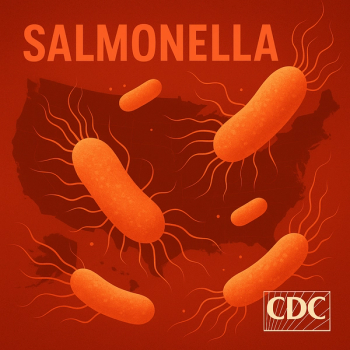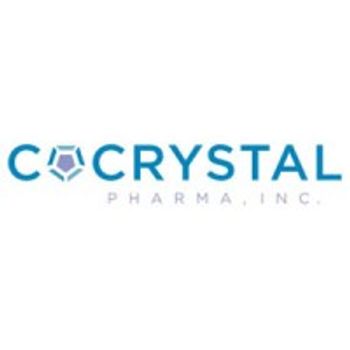
SER-109, CP101, VE303 for Treatment of Recurrent C. difficile Infection (rCDI)
Drs Abraham and Feuerstadt share recent data with emerging live biotherapeutic products, SER-109, CP101, and VE303, for treatment of recurrent C difficile infection (rCDI).
Episodes in this series

Paul Feuerstadt, MD: As we shift gears, we’re going to think about another product, called SER-109. This product differs from RBX2660 because it’s a capsule formulation, but it’s a narrow consortium. As opposed to RBX2660, which has spore- and non-spore-forming bacteria and a broader group of microorganisms, SER-109 is made up of firmicutes spores. It’s dosed as 4 capsules daily for 3 days, following the standard-of-care antimicrobial. Within this clinical trial, patients who had at least 2 recurrences of C difficile, and received fidaxomicin or vancomycin, had a brief washout period. They received a magnesium citrate bowel lavage, then were randomized to receive SER-109 or placebo.
They were followed for 8 weeks for occurrence, 24 weeks, or 6 months for safety. Overall efficacy within this treatment cohort was 88% for SER-109, vs 60% in the placebo arm, a statistically significant difference, and form fit function once again. Specifically, there were decreases in the proinflammatory Enterobacteriaceae and increases in the firmicutes, specifically Lachnospiraceae and Ruminococcaceae. Once again, we see that supplementation of the deficiencies helping the microbiota give that spore phase a specific knockout punch. RBX2660 and SER-109 have both finished phase 3 trials, but there are 2 products in phase 2 trials: CP101 and VE303. Bincy, can you walk us through those products and their data?
Bincy Abraham, MD, MS: Sure. CP101 was a randomized, double blinded placebo-controlled trial. There’s going to be a phase 3 trial looking at CP101, which is a fecal matter transplant as a single oral dose, to look at prevention of recurrent C difficile infection. The study is called PRISM4, so look out for that when you’re looking at abstracts in the future. They’re similar to all the other studies. This will be given after completing the standard-of-care antibiotics, after their most recent C difficile recurrence. They’ll be randomized to get this vs placebo. The plan for the study is to evaluate C difficile recurrence and safety up to week 8 as their primary end point. But we also want to look further out, to about week 24. That’s the goal of the study.
Paul Feuerstadt, MD: CP101 is an interesting product because it’s a broad consortium in a capsule form. It’s given as 10 capsules on a single day following the standard of care, vs VE303, which is a little different. VE303 is what we call a defined consortium, and it has 8 specific bacterial species. It also reported encouraging data at the major national conference in San Diego in May. That will also probably proceed to a phase 3 trial.
Transcript edited for clarity
Newsletter
Stay ahead of emerging infectious disease threats with expert insights and breaking research. Subscribe now to get updates delivered straight to your inbox.






































































































































